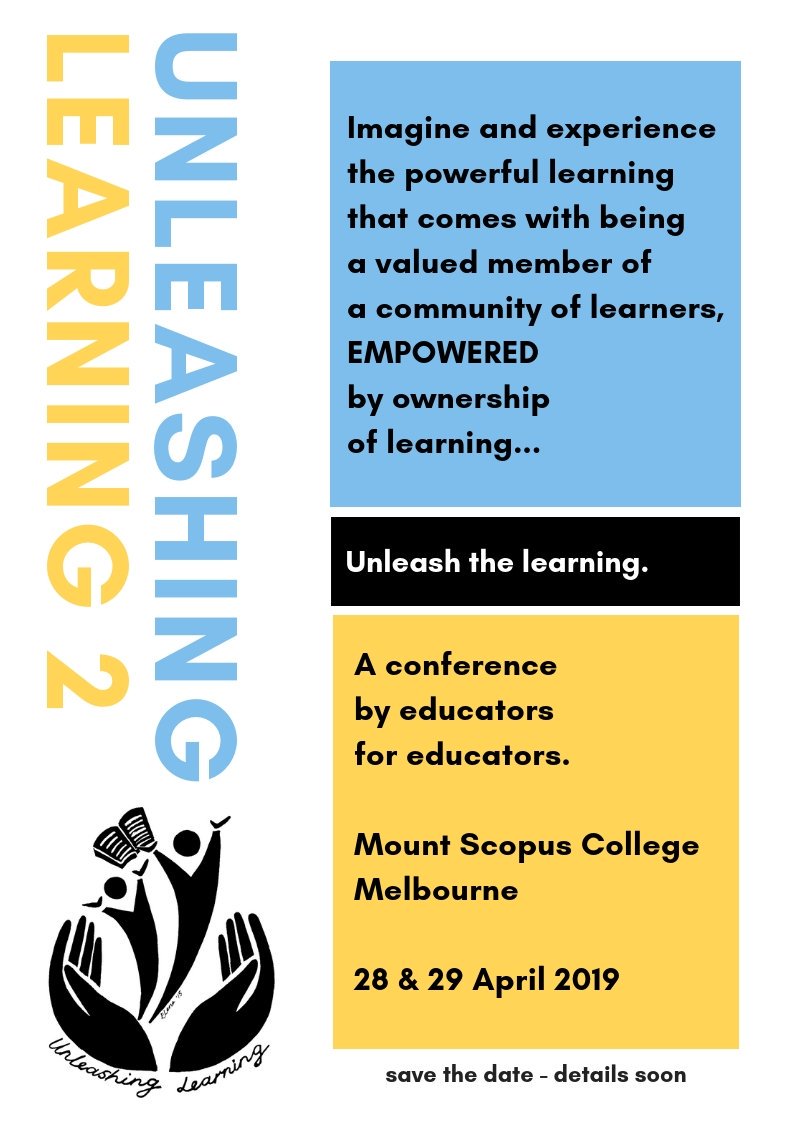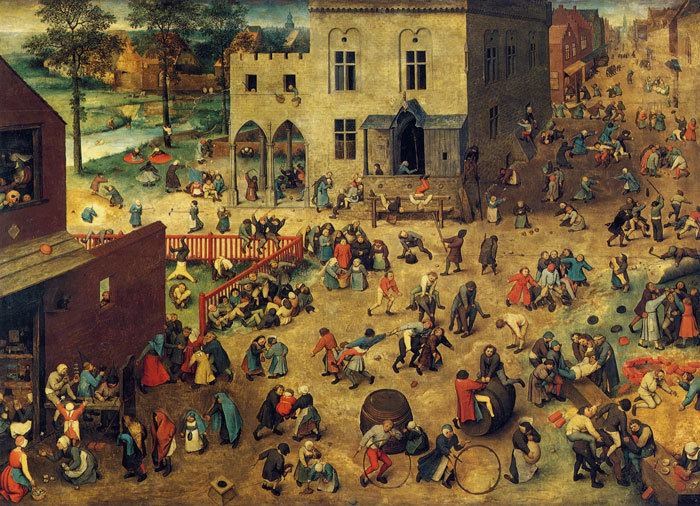Culture, Culture, Culture!
An exceptional school culture, which is genuine, robust and supportive doesn’t just appear, it’s nurtured, grown and fragile. It becomes part of the ‘bricks and mortar’ of a school but only if it truly exists. The foundation of a school which owns its culture is strong. Collaboration is an essential part of the structure as is a common language, belief and purpose. Students know where ‘to hang their hat’ and have a sense of belonging. A school with a strong culture exists to educate students. It’s entire being is centred on the students and what’s best for them.
Why? I am a member of a number of teacher forums where teachers write about their experiences and why they are leaving the profession. Everything comes back to the culture of their school and community.
We are stakeholders responsible for our actions (agency) and accountable to each other.
Photo: In a school catering for students with autism each classroom displayed the document below:

Something to think about!
Cheers Nina
P.S Wishing all educators a relaxing break.
Filed under Uncategorized
OK, I’d like to ban the word FAT in texts children read. Does anyone agree?
This might sound picky, but I don’t like the word fat. The word fat appears in many decodable readers. Decodable readers are being used across schools and it concerns me that the main character in a group of texts is described as fat… and has a popular child’s name. I’ve shared a link to an interesting article which I feel is worth reading. Personally, I’d remove all texts containing the word fat. What are your thoughts?
Somehow I’ve managed to store 30 draft posts in my blog. Time to publish!
Cheers Nina
Filed under Uncategorized
Unleashing Learning #2 Conference: Equity and learning…

I recently attended the Unleashing Learning #2 conference organized and hosted by Mount Scopus. This is a conference by educators for educators. I noted that the conference had a different format, no keynote speakers, but these were replaced by a comprehensive variety of workshops and each day commenced and finished with inspirational talks. Was I inspired? Yes!
What can I share here that might spark your curiosity? What hook or new understanding has encouraged further reflection?
One notion, concept, idea that arose from Stephanie Thompson’s workshop was equity. Stephanie demonstrated how she collects data and uses this data to inform the culture of thinking in her classroom.
What is equity in the classroom?
Is it visible?
How does it differ from equality?
How did this concept relate to the other workshops?
Were there links to equity in ‘teacher talk’ during the conference.
Equality is treating all the same. Equity in education is where students are provided with what they need to be successful. What pedagogy has inbuilt equity?
‘Teacher talk’ is where educators learn from each other and not surprisingly equity came up in many of those discussions. One teacher talked about ‘lean in’ assessment… knowing a student, their story, their strengths and struggles. Another talked about being a ‘warm demander’. Having high expectations, differentiating the curriculum and making learning visible. All discussed the importance of planning and providing a program of learning which could be accessed by all learners. A program which allows students to respond using their learning tools and strengths.
Differentiating the curriculum, visible learning and allowing students to engage in learning using their own tools is fundamental to an education which intrinsically values equity. Equity includes the opportunity for students to show their understanding in ways they choose and to explore their interests.
Learner Agency
Cheers Nina
Filed under Uncategorized
Provocation: What force explains everything and gives meaning to life? A letter from Albert Einstein to his daughter Lieseral.
Lieserl, daughter of Albert Einstein gave 1,400 letters written by her father to the Hebrew University. Below is a letter from Einstein to his daughter.

“When I proposed the theory of relativity, very few understood me, and what I will reveal now to transmit to mankind will also collide with the misunderstanding and prejudice in the world.
I ask you to guard the letters as long as necessary, years, decades, until society is advanced enough to accept what I will explain below.
There is an extremely powerful force that, so far, science has not found a formal explanation to. It is a force that includes and governs all others, and is even behind any phenomenon operating in the universe and has not yet been identified by us.
This universal force is LOVE.
When scientists looked for a unified theory of the universe they forgot the most powerful unseen force.
Love is Light, that enlightens those who give and receive it.
Love is gravity, because it makes some people feel attracted to others.
Love is power, because it multiplies the best we have, and allows humanity not to be extinguished in their blind selfishness. Love unfolds and reveals.
For love we live and die.
Love is God and God is Love.
This force explains everything and gives meaning to life. This is the variable that we have ignored for too long, maybe because we are afraid of love because it is the only energy in the universe that man has not learned to drive at will.
To give visibility to love, I made a simple substitution in my most famous equation.
If instead of E = mc2, we accept that the energy to heal the world can be obtained through love multiplied by the speed of light squared, we arrive at the conclusion that love is the most powerful force there is, because it has no limits.
After the failure of humanity in the use and control of the other forces of the universe that have turned against us, it is urgent that we nourish ourselves with another kind of energy…
If we want our species to survive, if we are to find meaning in life, if we want to save the world and every sentient being that inhabits it, love is the one and only answer.
Perhaps we are not yet ready to make a bomb of love, a device powerful enough to entirely destroy the hate, selfishness and greed that devastate the planet.
However, each individual carries within them a small but powerful generator of love whose energy is waiting to be released.
When we learn to give and receive this universal energy, dear Lieserl, we will have affirmed that love conquers all, is able to transcend everything and anything, because love is the quintessence of life.
I deeply regret not having been able to express what is in my heart, which has quietly beaten for you all my life. Maybe it’s too late to apologize, but as time is relative, I need to tell you that I love you and thanks to you I have reached the ultimate answer! “
Your father Albert Einstein
Cheers Nina
Filed under Uncategorized
Literacy Teaching Toolkit: Foundation to Level 6- Victoria, Australia.
When I find a resource that’s easy to use, succinct with examples and video… I’m sharing. Toolkits are useful as they provide the overview teachers require before delving deeper. Click on the screen-shot and view this excellent resource hub provided the Department of Education Victoria.
Practical advice and high impact teaching practices that improve outcomes in reading, writing and speaking and listening. Victorian State Government: Education and Training
Cheers Nina
Filed under Uncategorized
Learner Agency & the Instructional Core
Learner Agency is widely discussed in education circles with growing numbers of educators producing articles on the benefits of building the capacity of learners.
What is necessary to develop a sense of agency?

Emirbayer, M., & Mische, A.(1998). What is agency? American Journal of Sociology, 103, 962–1023.10.1086/ajs.1998.103.issue-4
Three main ideas which enable agency appear to be consistent across all articles I’ve read:
- Is in the present- the now
- Personal experience and the importance of a wide variety of experience
- Setting goals and knowing how to achieve these goal
At my last school we investigated Learner Agency and how we could develop agency within the school program. Equally, around this time I was fortunate to be invited to participate in the Southern Metropolitan Region Principals’ Instructional Rounds program. Whenever discussing learning in schools we referred to the Instructional Core. The Instructional Core is: Student-Teacher-Task and Interaction. Understanding the core and using Instructional Rounds protocols highlighted the importance of planning to enable agency.
The Instructional Core is very relevant to agency. Learning experiences need to be designed to promote agency.

The above IB document is an excellent place to start as it encourages schools to look at their current practice. When we know where we are, we can plan how we move forward.
Cheers Nina
Next Post: Writing strategies which promote learner agency.
Filed under Uncategorized
The art of play and the importance of play!

Peter Brugel painted the above picture in 1560.
The painting provides a window into amusements and recreations in the past in its detailed depiction of some 200 children engaged in nearly 80 different games and play activities. Many (although not all) of the outdoor activities included in this visual compendium of 16th-century children’s play will be recognizably familiar.
Source: “Pieter Bruegel the Elder’s “Children’s Games” [Painting],” in Children and Youth in History, Item #332, http://chnm.gmu.edu/cyh/items/show/332 (accessed May 25, 2018). Annotated by Miriam Forman-Brunell
This painting is amazing and would be interesting to use as a provocation task for a related inquiry.
Cheers Nina
Filed under Uncategorized
IB-PYP Attitudes & Workplace Attitudes: How do you ‘grow’ attitudes?
 I’m a member of a number of teacher forums and have been surprised by the increasing number of teachers looking to leave our profession. Some of these teachers are still in their first years of teaching and some are very experienced. What I found confronting was… that it is not always the classroom, students, work load or parents creating issues, it is the behaviour of other teacher colleagues and the employment process!
I’m a member of a number of teacher forums and have been surprised by the increasing number of teachers looking to leave our profession. Some of these teachers are still in their first years of teaching and some are very experienced. What I found confronting was… that it is not always the classroom, students, work load or parents creating issues, it is the behaviour of other teacher colleagues and the employment process!
Some comments I’ve received have come from teachers who have been through a competitive employment process within their school. Most have been retained by their respective schools, however, the process has left them feeling over whelmed, isolated and criticised.
Can you build a team environment and promote collaboration when the system of employment is ultimately competitive?
Please email me your thoughts. I receive more emails than comments on my blog and I’m hoping this will bring about future discussion.
How would you change the current system of school employment and is it even possible?
I recently received a detailed comment from a teacher feeling bullied and isolated. How can this happen in an organisation and world which openly states bullying is not OK? Programs are in place to teach children that we do not tolerate these behaviours and there are consequences. What do you do if the behaviour is coming from a colleague?
All schools have beliefs/attitudes promoted within their community. When walking into a school or classroom these attitudes are clearly displayed for all to see and are crucial to the ethos of the school.
 The IB -PYP has attitudes which are essential to the programme. They are: appreciation, commitment, confidence, cooperation, creativity, curiosity, empathy, enthusiasm, independence, integrity, respect and tolerance.
The IB -PYP has attitudes which are essential to the programme. They are: appreciation, commitment, confidence, cooperation, creativity, curiosity, empathy, enthusiasm, independence, integrity, respect and tolerance.
These attitudes are taught, valued and embedded within the school curriculum and should be the ‘heart’ of the school. So how do educators ‘grow’ these attitudes in their students and within their community? How can schools insure and assess that these attitudes are embedded, valued and exhibited in the everyday actions of all community members.
How do educators ‘grow’ these attitudes within themselves?
Lots of wonderings here…but I think as learners teaching learners, we should all reflect on our interactions with others and hope that we have been the best we can be.
Maybe, before we think and say something, we should put on someone elses shoes on and go for a walk. Just saying…
Cheers Nina
Filed under Uncategorized
The ADHD Iceberg: Understanding the learner leads to better learning…

Cheers Nina
P.S I’ve started to finish my draft posts. Thanks Angela Stockman for motivating me to get back to my writing. The new posts will be building on my published learner agency posts.
Filed under Uncategorized



